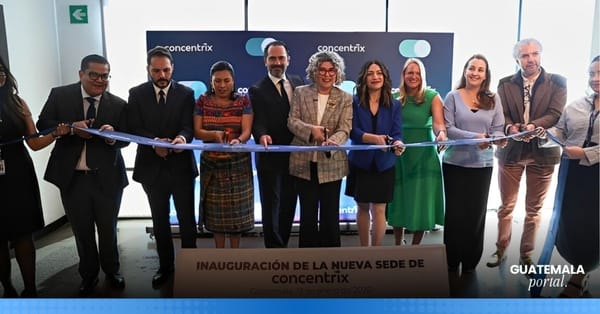Environmental Sustainability as a Key Business Strategy in Guatemala
Environmental sustainability is key to the competitiveness of Guatemalan businesses. Here’s how it’s impacting their operations.

Environmental sustainability has become a vital strategy for Guatemalan companies seeking growth and competitiveness. Beyond regulatory compliance, sustainable practices help businesses reduce costs, improve efficiency, and strengthen corporate reputation.
In Guatemala, industries such as manufacturing, logistics, and agribusiness have adopted strategies to minimize environmental impacts. Companies including Nestlé, Cementos Progreso, and CMI have invested in renewable energy and water conservation. Meanwhile, Agencias J.I. Cohen has integrated technology into its distribution operations to optimize resource use and reduce emissions.
Sustainability: Key to Competitiveness
Companies that incorporate sustainability into their strategic planning have demonstrated improved adaptability and operational cost savings. Nestlé Guatemala, for instance, has reduced water consumption by approximately 91 million gallons and has introduced electric and hybrid vehicles to enhance logistical efficiency.
In the cement industry, Cementos Progreso has optimized processes to reduce its carbon footprint. Similarly, Cargill’s subsidiaries Perry and Purina have developed clean production strategies, aligning with consumer preferences for responsible practices.
The logistics sector has also transitioned to more efficient business models. Agencias J.I. Cohen has implemented electric vehicle fleets and optimized delivery routes, significantly cutting fossil fuel usage and enhancing supply-chain traceability.
Innovation and Technology Drive Sustainability
Digital transformation is critical to adopting sustainable practices. Guatemalan companies increasingly use artificial intelligence and blockchain technology to optimize resources and improve traceability.
In manufacturing, businesses such as Industria La Popular and Multiquímica have adopted carbon footprint measurement and wastewater treatment methods, improving their operations without compromising quality. Even the plastics industry has begun transforming, with companies like Plastimax promoting material reuse and circular economy business models.
The Future of Sustainability in Guatemala
Today, sustainability is no longer just a social responsibility initiative; it is a strategic necessity to remain competitive in global markets. Guatemalan companies have proven that sustainability can generate long-term profitability and growth.
Moving forward, businesses that successfully integrate sustainable practices will access new investment opportunities and markets, strengthening their presence in an increasingly environmentally conscious global economy.





